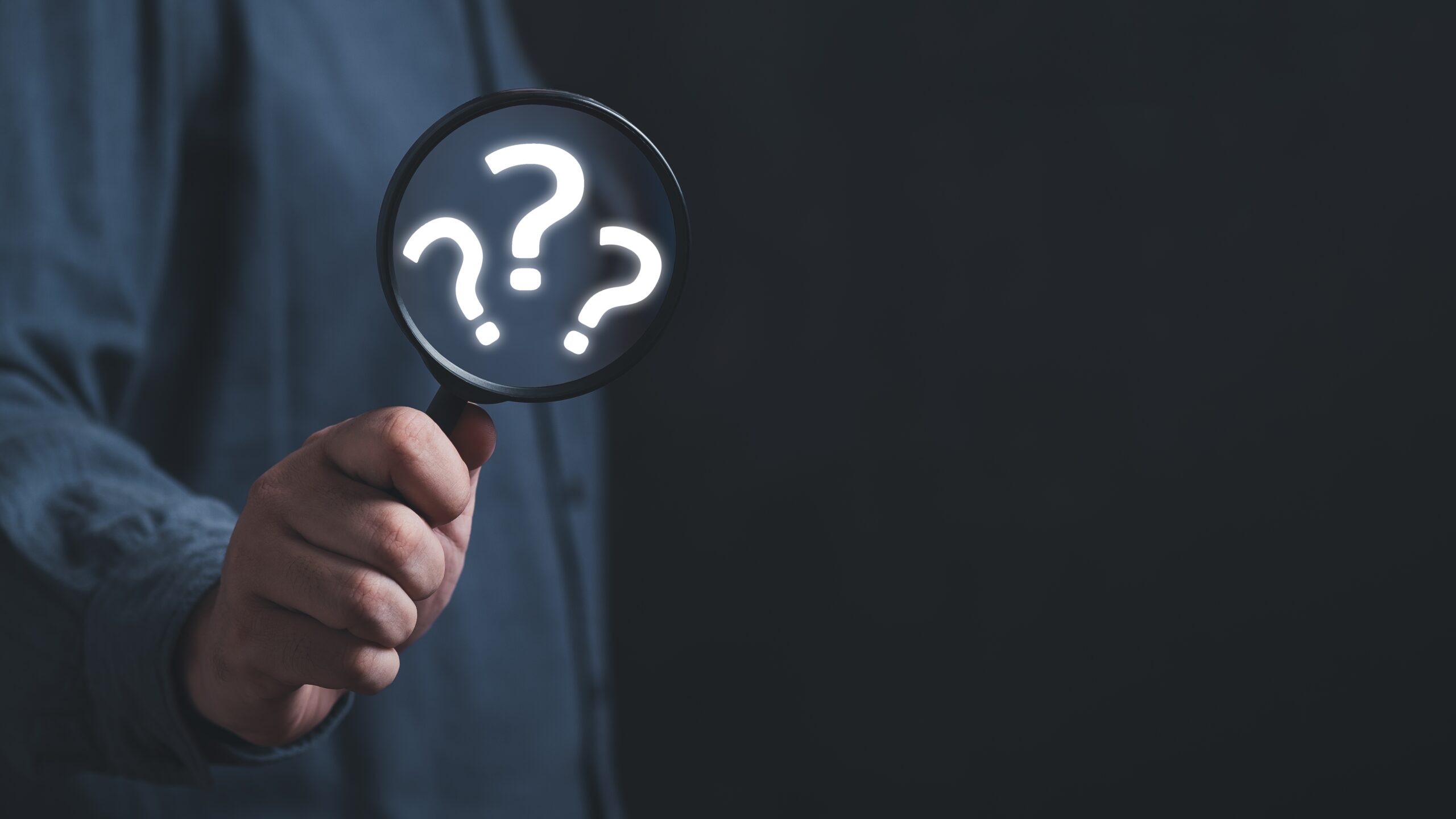What does DBS stand for?
DBS stands for Disclosure and Barring Service. It is a government agency in the United Kingdom that helps employers make safer recruitment decisions and prevent unsuitable individuals from working with vulnerable groups such as children or vulnerable adults.
What is a DBS check?
A DBS check is a background check that provides information about an individual's criminal record and also other relevant information.
Who needs a DBS check?
Teachers, healthcare professionals, and those who work regularly with vulnerable populations may need to undergo a DBS check.
A DBS check includes what information?
A standard DBS check typically includes details of an individual's convictions, cautions, reprimands, and warnings. An enhanced DBS check includes additional information that the police consider relevant to the specific role.
How long does a DBS check take?
The processing time for a DBS check can vary. It usually takes a few weeks, but this can vary depending on factors such as the level of check, the accuracy of the information provided, and any issues that need further investigation.
How often should a DBS check be renewed?
The frequency of DBS check renewals depends on the employer's policies and the nature of the role. Some positions may require a new check every few years, while others may require more frequent updates.
Can individuals request their own DBS check?
Yes, individuals can apply for their own basic DBS check directly from the DBS. However, standard, and enhanced checks must be requested through an employer or a registered DBS umbrella body.
How much does a DBS check cost?
Standard - £18.00
Enhanced - £38.00
Admin Fee - £13.50 + VAT (if more than 3, we will reduce the price to £12.00 + VAT each)
Document Verification - £11 + VAT
Do all convictions appear on a DBS check?
No, not all convictions appear on a DBS check. The Rehabilitation of Offenders Act determines which convictions become 'spent' over time and no longer need to be disclosed on a DBS check.
What is the difference between a standard and an enhanced DBS check?
A standard DBS check provides details of an individual's convictions, cautions, reprimands, and warnings. An enhanced DBS check includes this information and any additional relevant information held by the police that they consider appropriate for the role being applied for.
Enhanced checks are typically required for positions involving regular contact with vulnerable groups.
